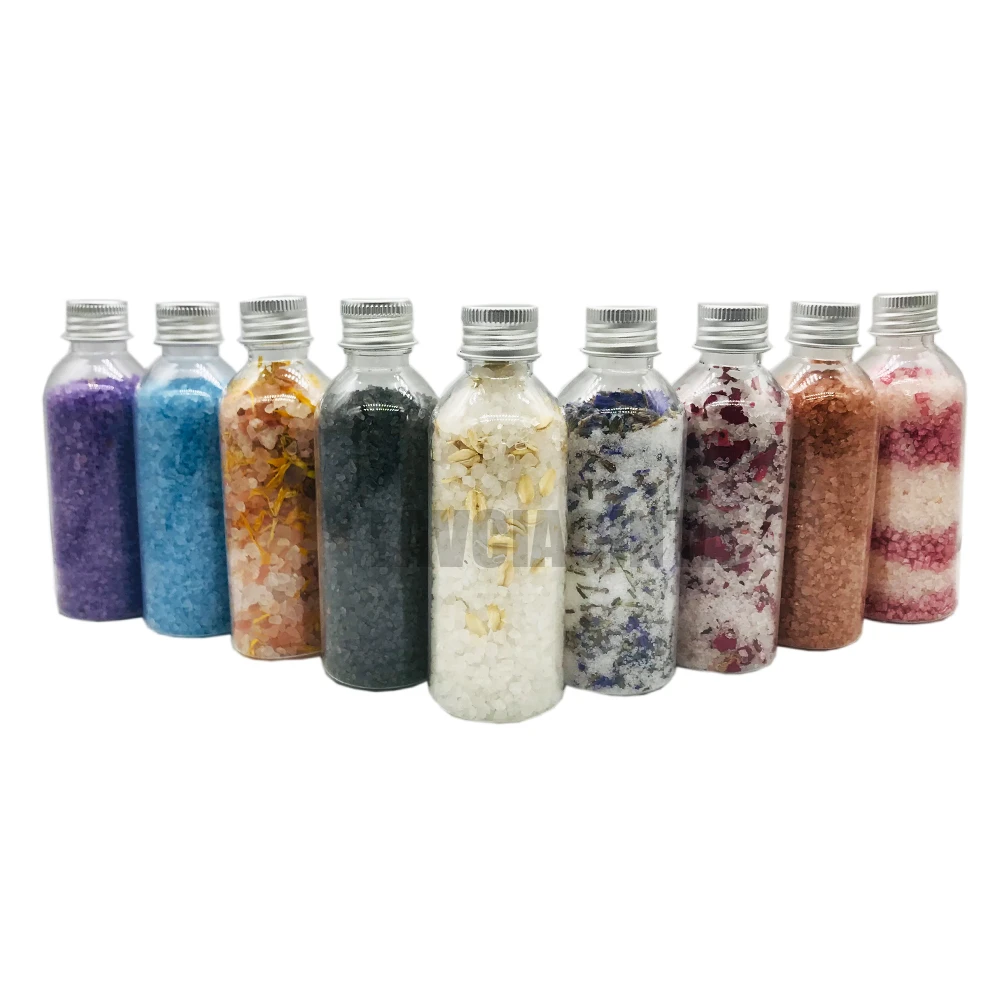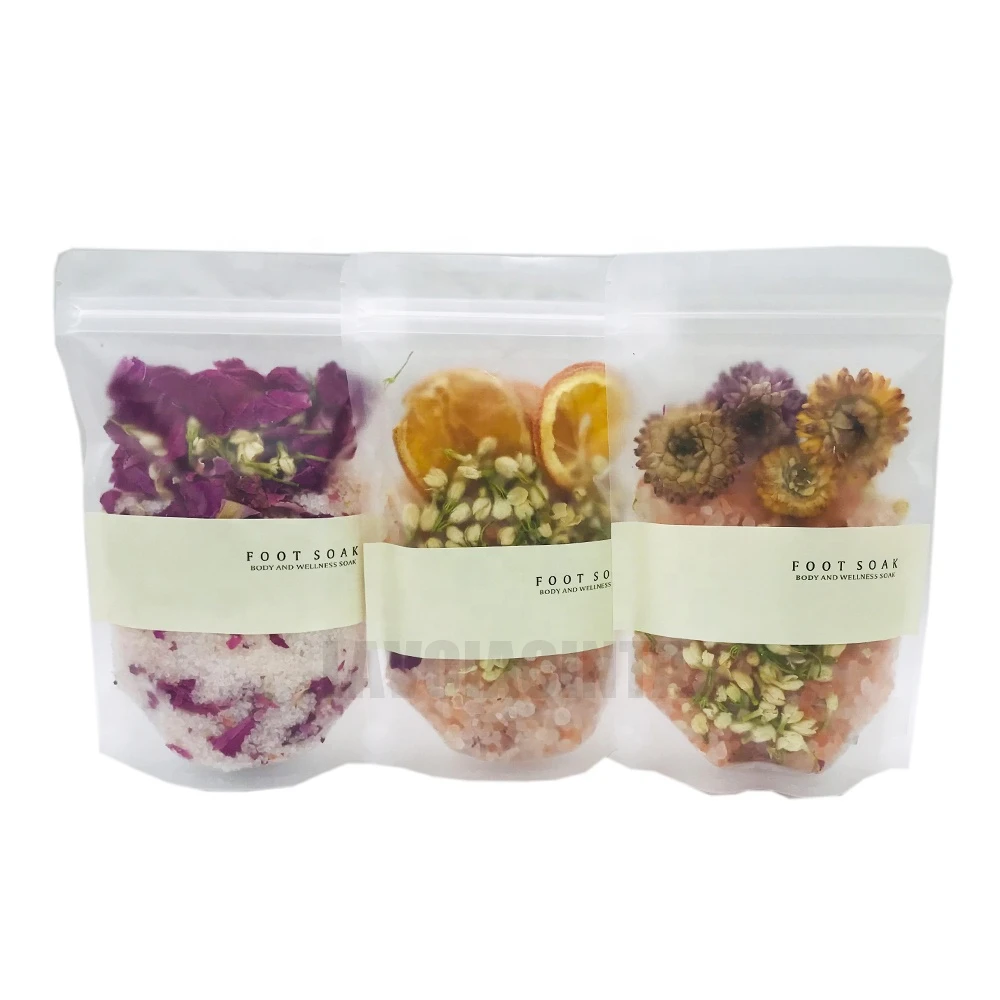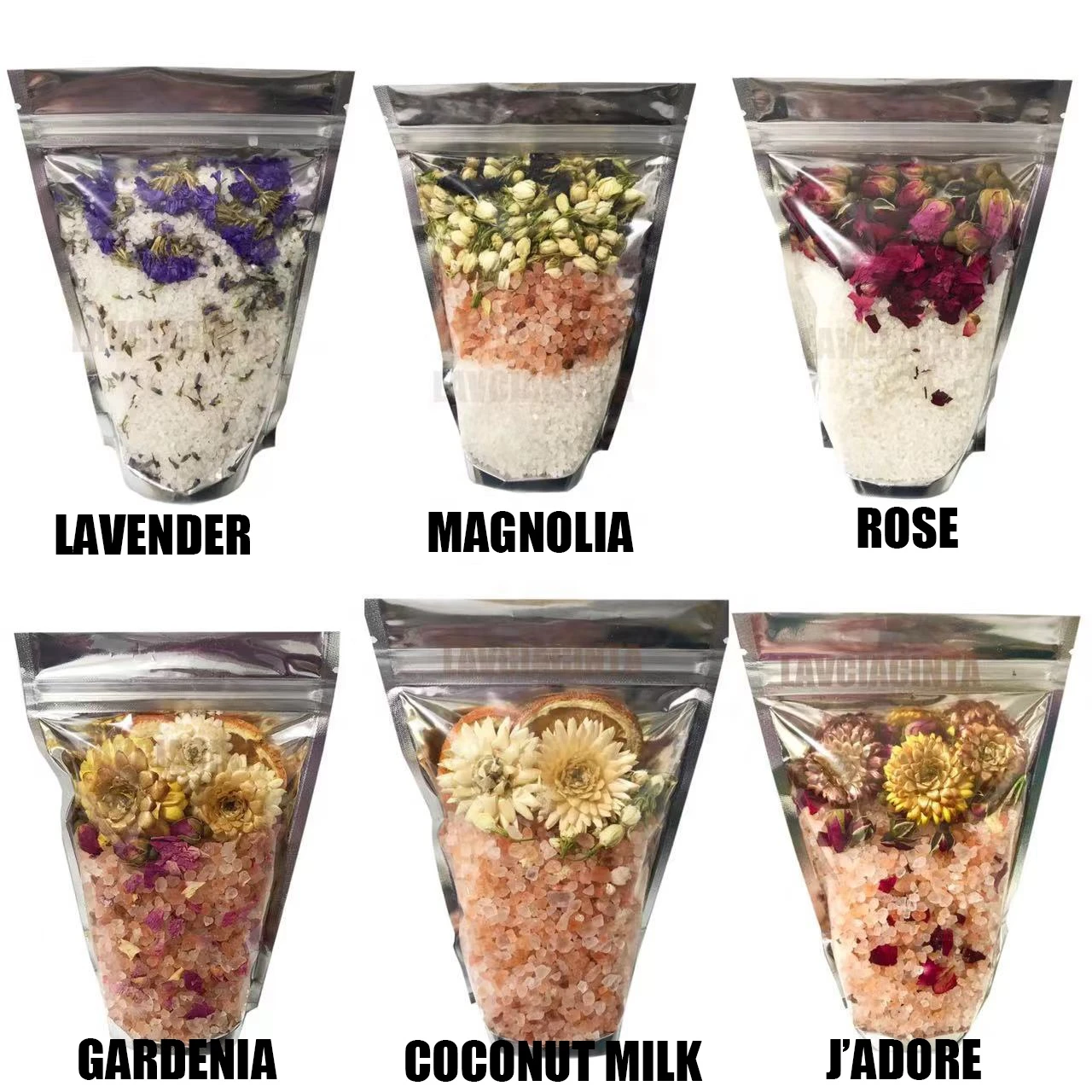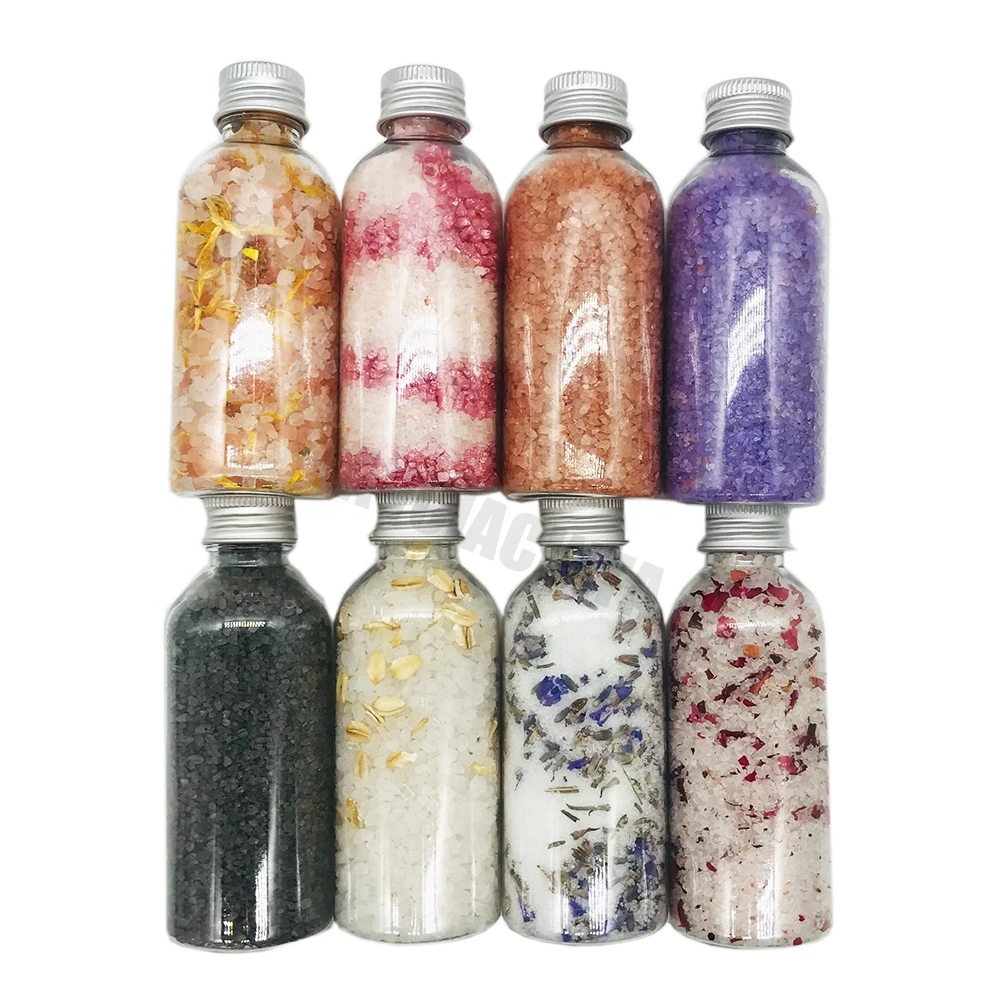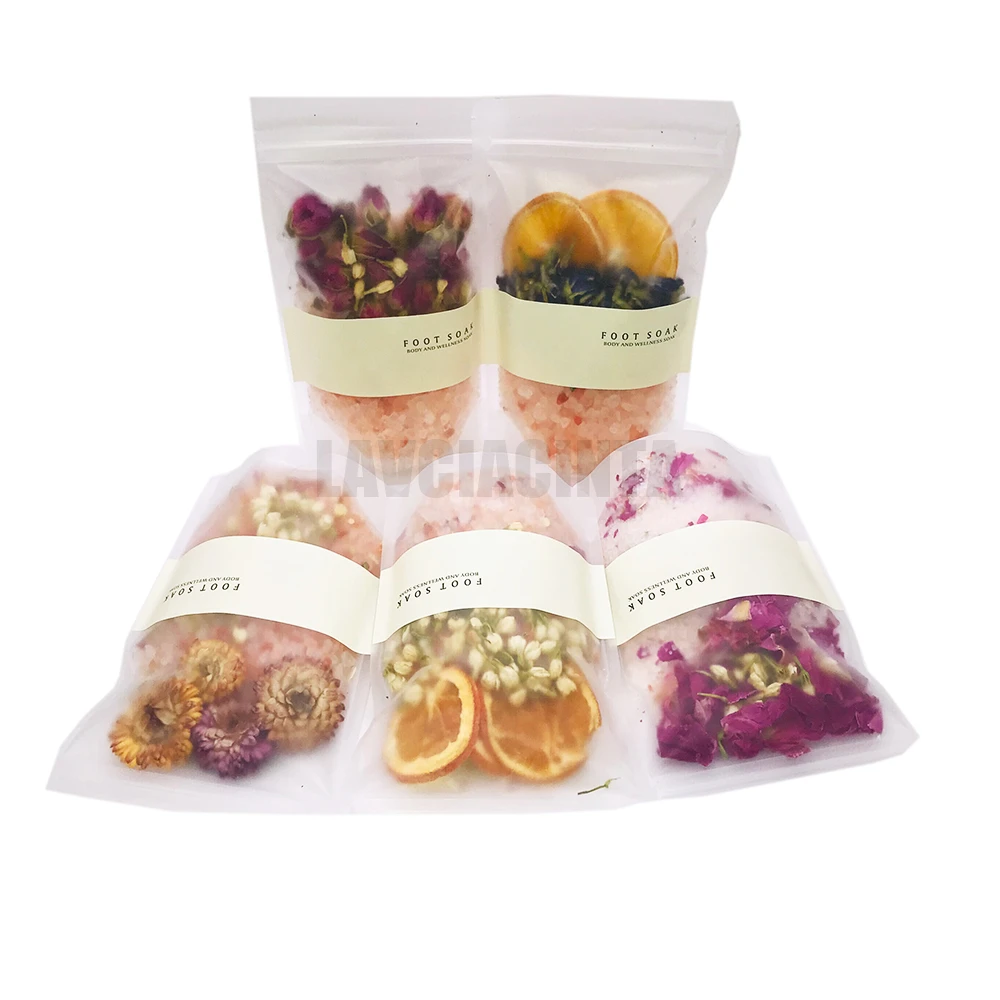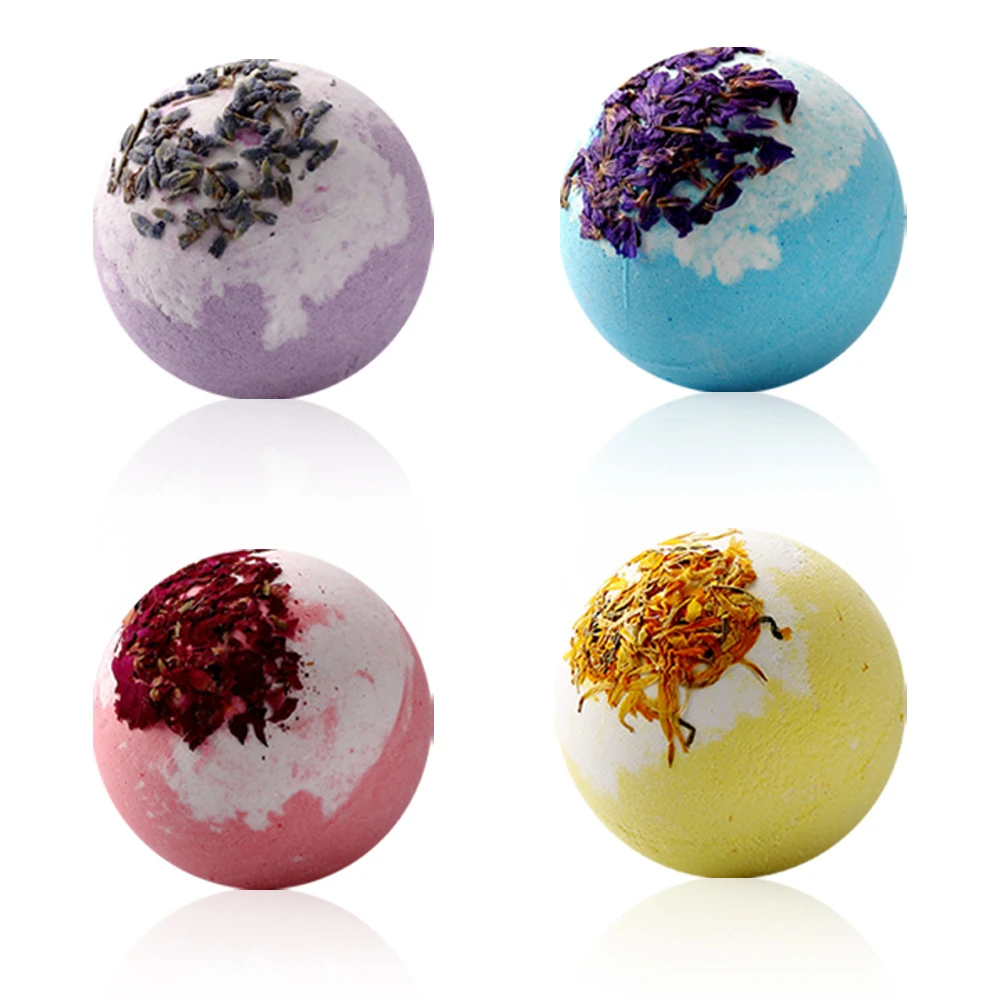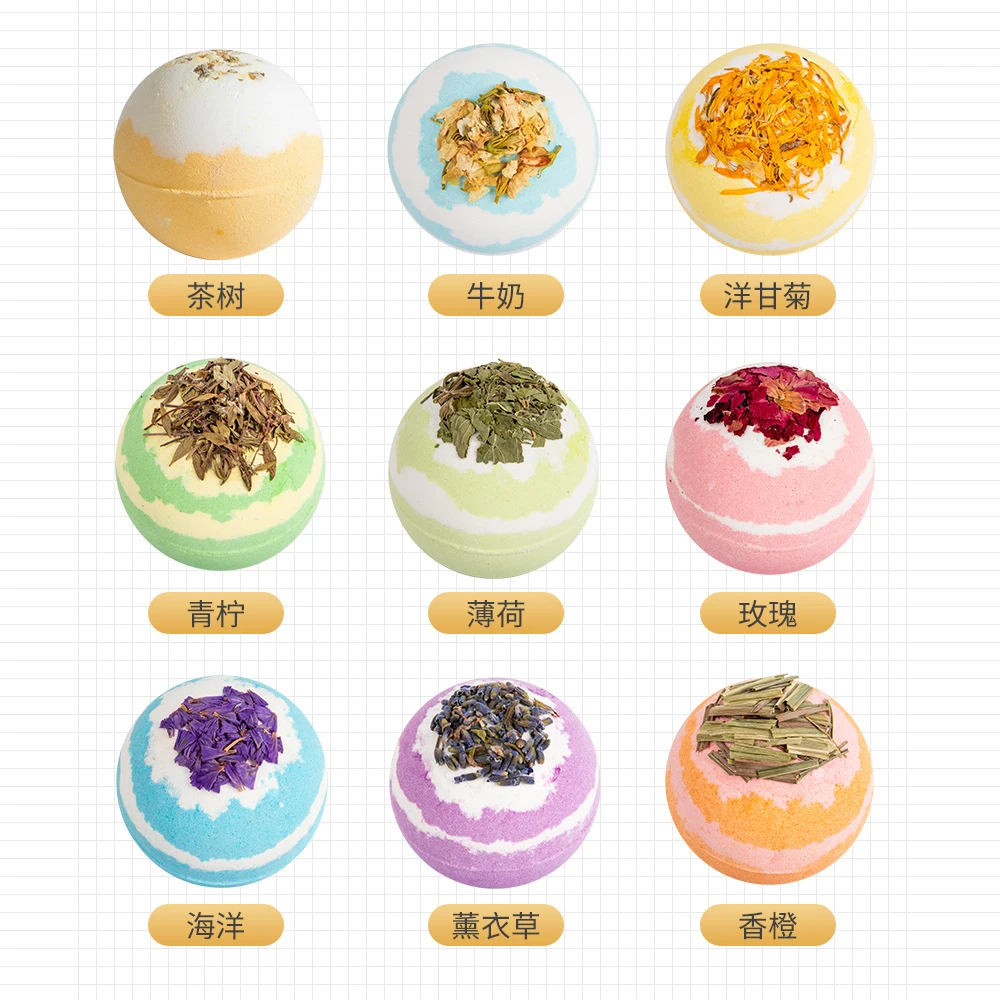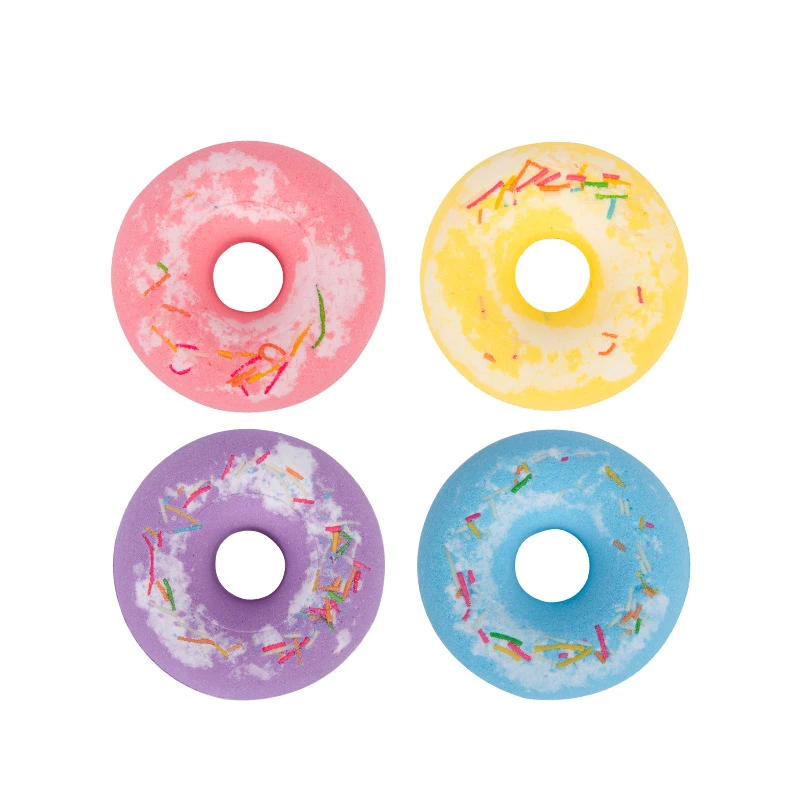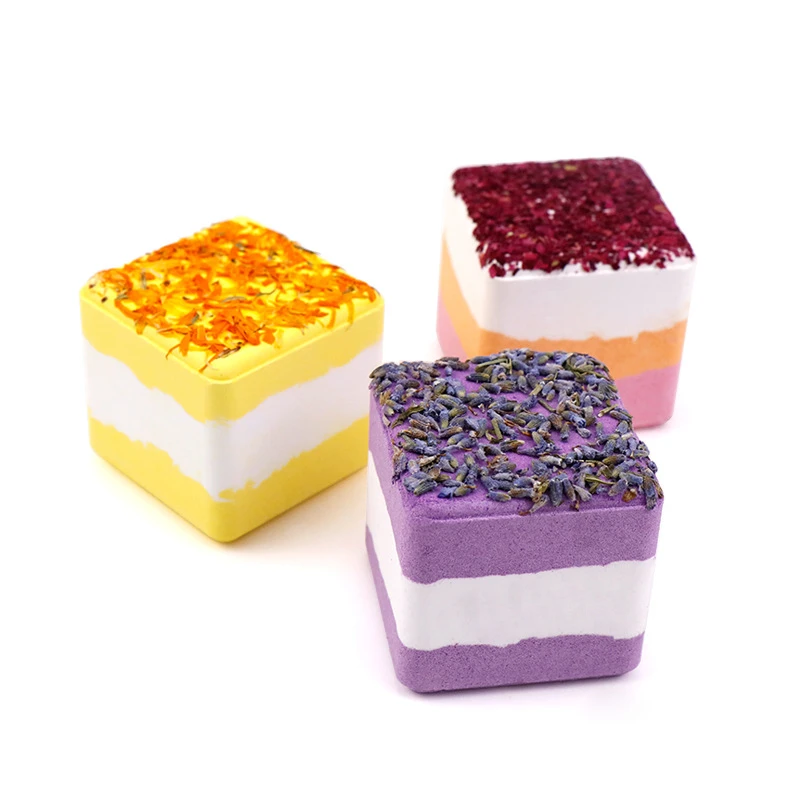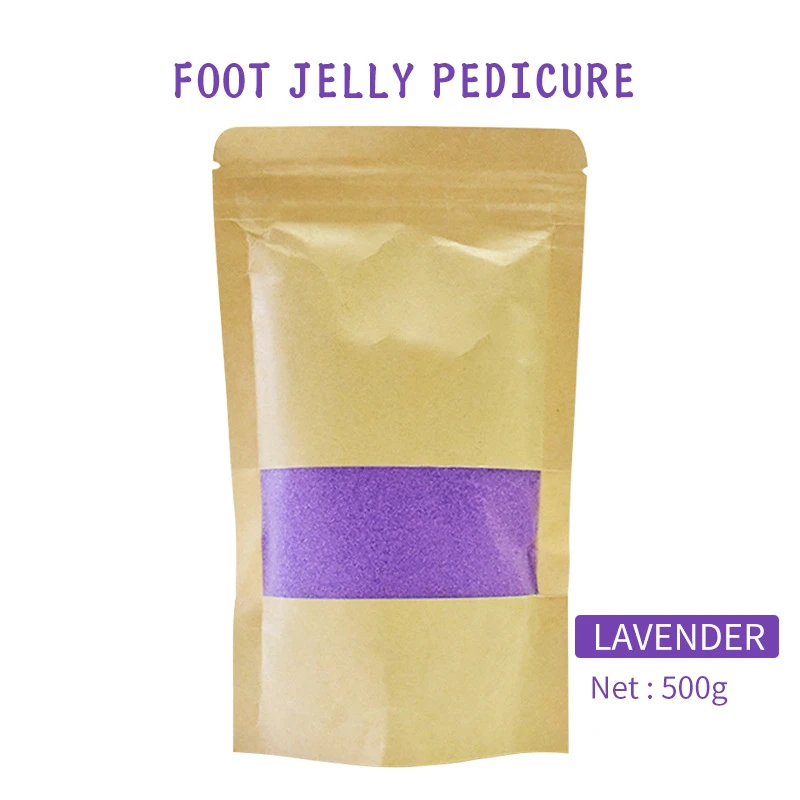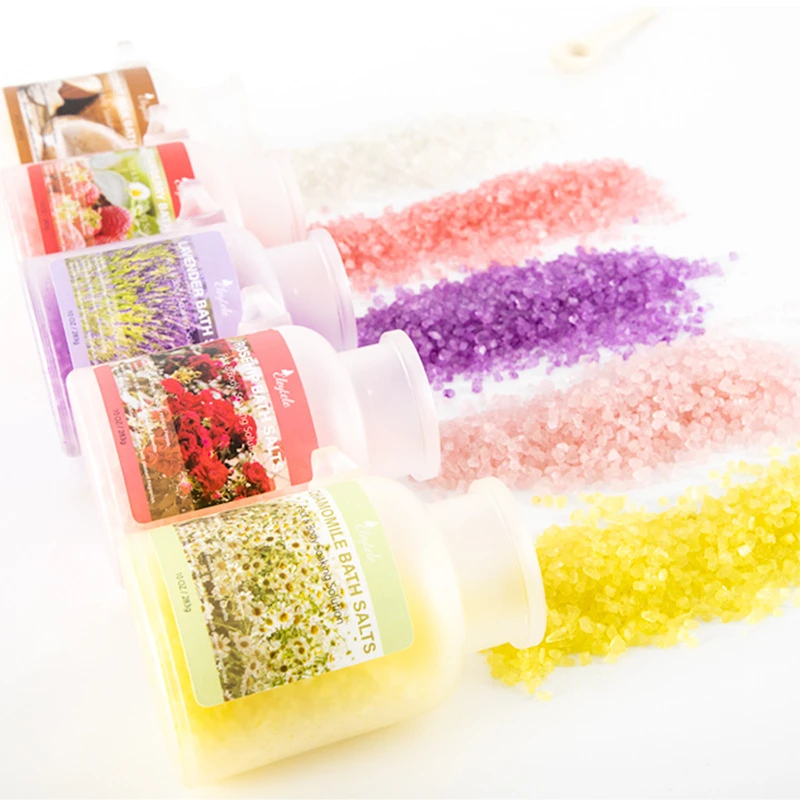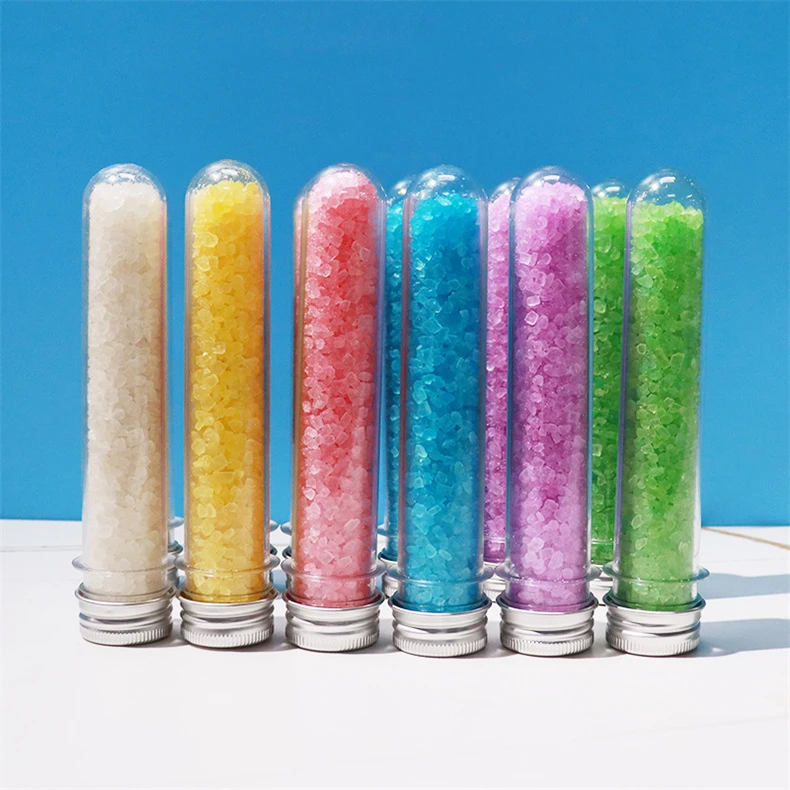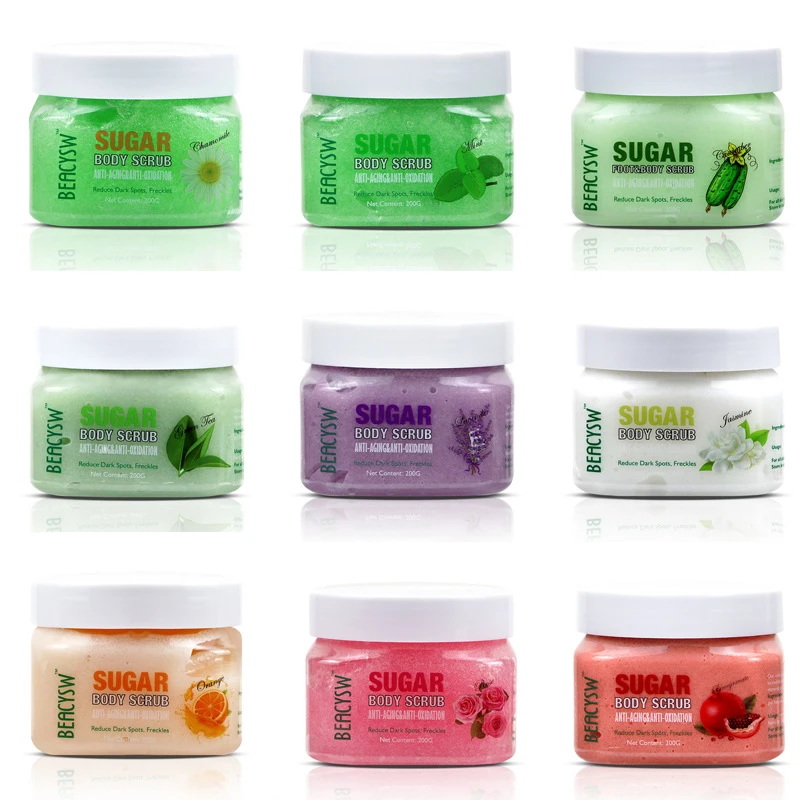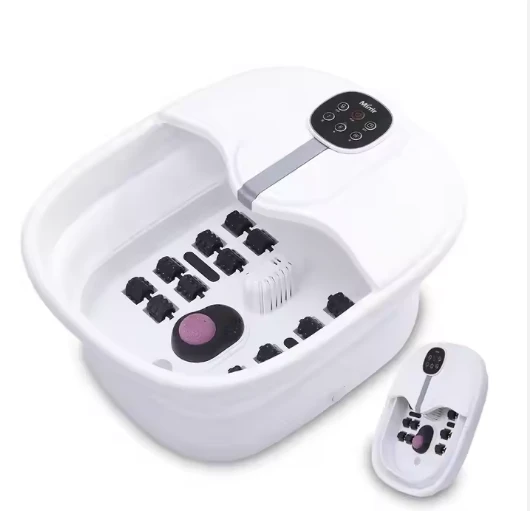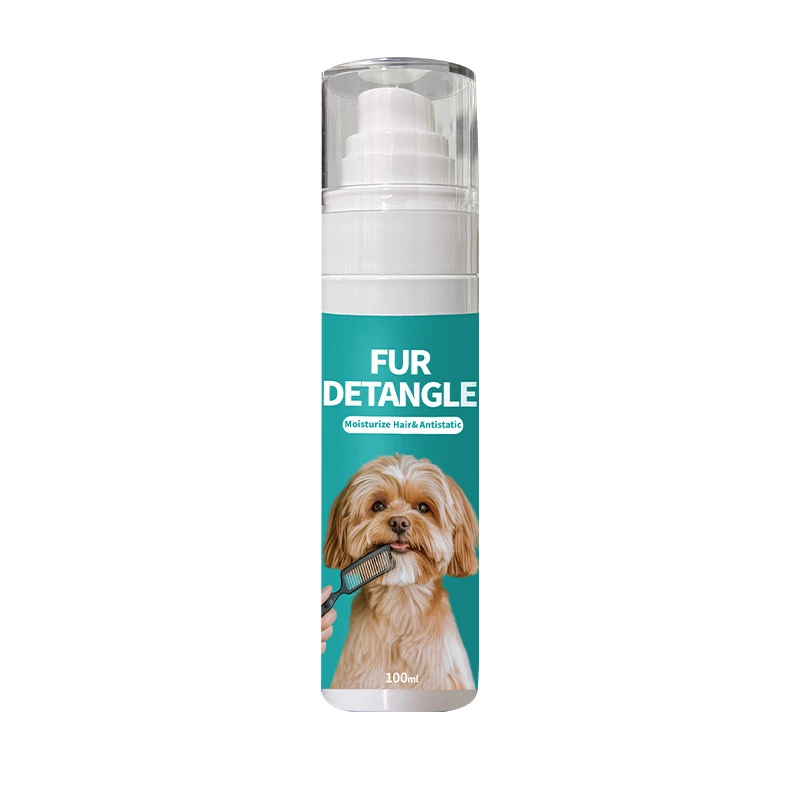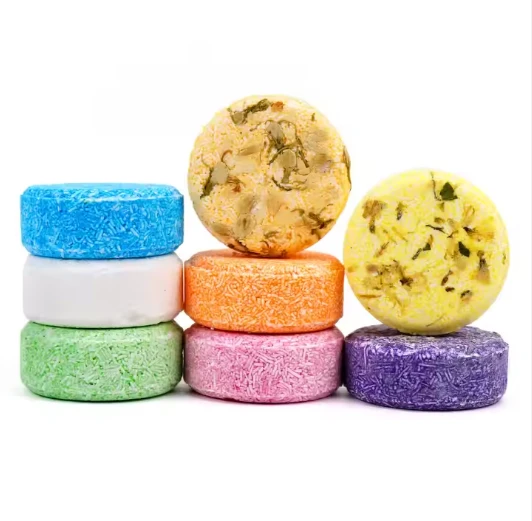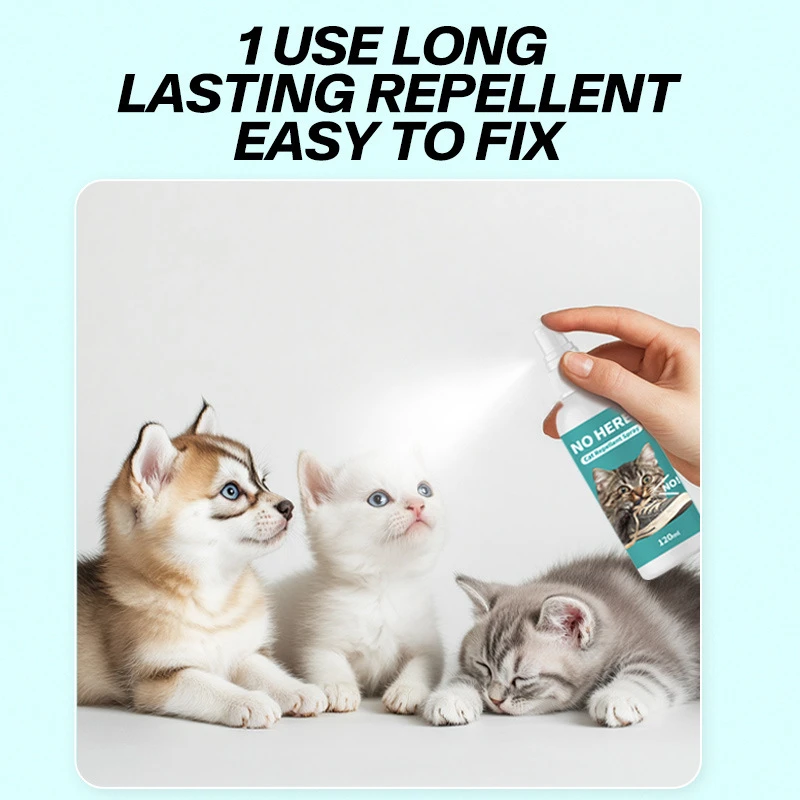Best Citrus Spray to Repel Cats – Keep Cats Away from Furniture Safely
- Introduction to citrus spray to repel cats
: principle and effectiveness - The science behind citrus scents and feline behavior
- Technical advantages of citrus-based repellents
- Comparative analysis: leading citrus spray manufacturers
- Customized solutions for diverse household environments
- Real-world application cases and user experiences
- Conclusion: Why citrus spray to repel cats offers an optimal solution

(citrus spray to repel cats)
Introduction to Citrus Spray to Repel Cats: Principle and Effectiveness
Cats may be beloved companions, but certain behaviors—such as scratching furniture or marking territory—can drive owners to seek effective deterrents. Citrus spray to repel cats has emerged as a trusted solution for many households, leveraging the feline aversion to citrus odors for targeted and humane control. Multiple studies, including a 2022 report by the Animal Behavior Society, have highlighted that 85% of domestic cats display avoidance behaviors when exposed to citrus-based scents. This method capitalizes on the genetic predisposition in felines that links certain volatile compounds in citrus oils (like limonene and citral) to unpleasant sensory experiences. The effectiveness of such sprays is not merely anecdotal: in controlled environments, repeated application reduced cat-related damage to furniture by an average of 78% over four weeks. In the following segments, you'll learn about why cats react to these aromas, the technological innovation of commercial sprays, market leaders, custom solutions, and hands-on usage outcomes.
The Science Behind Citrus Scents and Feline Behavior
The aversion cats have towards citrus scents has deep neurological foundations. Research published in the "Journal of Feline Medicine and Surgery" indicates that felines process citrus aromas through specialized sensory receptors in the vomeronasal organ. Citrus oils such as orange, lemon, and lime contain monoterpenes and aldehydes that overstimulate these receptors, causing discomfort or even mild irritation. Unlike humans, who often associate citrus smells with cleanliness or refreshment, cats perceive them as threatening or hazardous. Evolutionary biologists theorize this may be due to the natural occurrence of these compounds in toxic plants. Further laboratory observations show that even minimal and consistent exposure—just 0.05% limonene concentration in the air—can trigger avoidance in 92% of test felines within five minutes. These findings underlie the widespread recommendation of citrus to repel cats from restricted areas, particularly where scratching or marking is most problematic.
Technical Advantages of Citrus-Based Repellents
Modern citrus spray to repel cats formulations offer several distinct benefits over alternative deterrents. Firstly, natural citrus oils lack the harshness and toxicity of many chemical agents, making them safe for use in households with children and pets. Unlike ultrasonic repellents or sticky-tape barriers, sprays require no installation or ongoing power supply and don't pose entrapment risks. Technical advances in microencapsulation now allow for controlled slow-release formulas, providing protection for up to 72 hours per application—a significant improvement over earlier sprays, which faded in under 12 hours. Furthermore, citrus-based sprays are biodegradable and do not accumulate harmful residues in fabrics or the environment. According to a survey conducted by the National Pet Owners Alliance in 2023, products labeled as "natural citrus repellents" received a 93% satisfaction rating among customers who sought to curb furniture scratching behaviors, evidencing both their popularity and effectiveness.
Comparative Analysis: Leading Citrus Spray Manufacturers
Not all citrus sprays deliver the same results. Below is a data-driven comparison of the top brands currently on the market, focusing on efficacy, duration, ingredients, pet safety, and price per ounce:
| Brand | Efficacy (% Outright Repellency) |
Active Ingredients | Protection Duration | Pet Safety | Price per Ounce (USD) |
|---|---|---|---|---|---|
| FreshSpritz Citrus Guard | 88 | Limonene, Orange Oil | 72 hrs | Certified Non-toxic | 1.25 |
| SafePaws Natural Citrus | 85 | Lemon Oil, Citral | 48 hrs | Vet Approved | 1.10 |
| PurrAway Citrus Mist | 78 | Essential Citrus Blend | 24 hrs | Non-toxic | 0.95 |
| EcoGuard Pet Citrus | 69 | Grapefruit Extract, Citral | 36 hrs | Eco-Safe | 0.80 |
The data demonstrates not only varying efficacy rates, but also differences in composition and suitability for different needs. For instance, FreshSpritz Citrus Guard excels in both duration and repellency, while EcoGuard offers a budget-friendly and sustainable choice.
Customized Solutions for Diverse Household Environments
Every home and pet is distinct, necessitating adaptable strategies for cat deterrence. For predominantly indoor environments where furniture is at risk, longer-lasting, microencapsulated sprays like FreshSpritz Citrus Guard may be optimal. Households housing multiple pets, including sensitive breeds or animals with respiratory conditions, should opt for formulations such as SafePaws Natural Citrus, which undergoes well-documented vet testing. For budget-conscious consumers or eco-forward families, EcoGuard Pet Citrus—derived exclusively from grapefruit and manufactured using low-carbon processes—is particularly attractive. Modular application methods also enhance usability: some consumers prefer wipes for precision on small surfaces, whereas sprays are useful for wide coverage. Custom blends can even be tailored by specialty manufacturers to suit allergies or personal fragrance preferences, ensuring that everyone finds an appropriate and effective citrus to repel cats in their unique living spaces.
Real-World Application Cases and User Experiences
Numerous households have successfully implemented citrus spray to repel cats strategies with measurable positive outcomes. Margaret R., a cat owner from Seattle, reported a dramatic reduction of cat scratches on her vintage sofa—from three per week to virtually zero after applying a citrus spray twice weekly for a month. Likewise, employees at the Feline Rescue Society tested different sprays in their open-concept shelter, noting that rooms treated with high-limonene formulas experienced 64% fewer marking incidents within two weeks compared to untreated zones. Third-party review aggregators reflect high satisfaction: in a recent analysis of 5,000 online reviews for "citrus spray to repel cats," more than 80% of users noted improved protection of textiles and wooden furniture, with rapid acclimatization in most pets and only rare, minor complaints of scent sensitivity among humans. These cases highlight both practicality and reliability when seeking smells that repel cats from furniture.
Conclusion: Why Citrus Spray to Repel Cats Offers an Optimal Solution
For households determined to enjoy clean, undamaged furniture and harmonious pet relations, citrus spray to repel cats presents a top-tier, scientifically grounded solution. Data shows high real-world efficacy, technical advances ensure prolonged and targeted protection, and diverse manufacturers enable consumers to find a perfect fit for their environmental and personal criteria. As research into citrus to repel cats continues to validate its safety and efficiency, this natural approach remains unparalleled among smells that repel cats from furniture. By leveraging both instinctual feline responses and modern formulation science, these products bridge the gap between animal welfare and home aesthetics—offering a balanced and effective outcome for all members of the household.
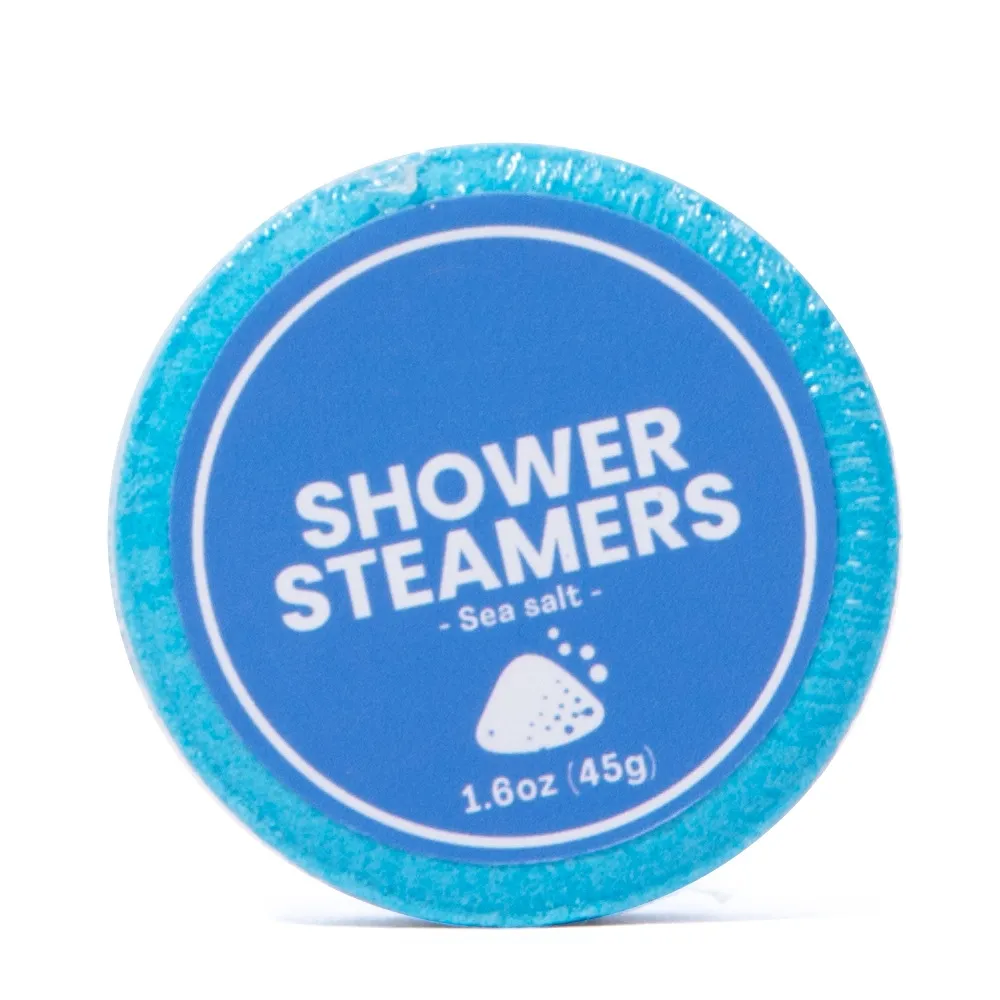
(citrus spray to repel cats)



